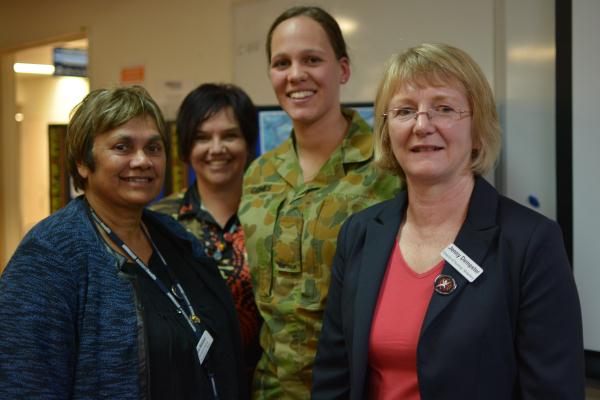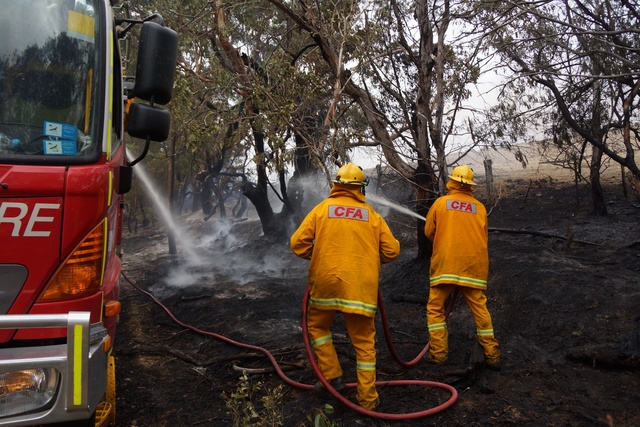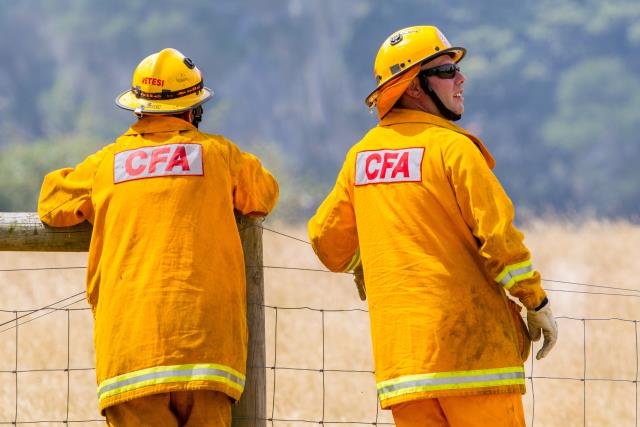By JESSE GRAHAM
NAIDOC Week was marked with a special visitor at the Angliss Hospital last week, to help acknowledge the contribution of Indigenous servicemen and women.
Signaller at the Defence Force School of Signals, Watsonia, Kirra Grimes, visited the hospital on Wednesday 9 July to speak to a group of Eastern Health members who gathered there.
Ms Grimes, who joined the defence force last year, told the audience about her experience in the Australian Defence Force (ADF) as an Indigenous person.
“Being an Indigenous person in the army, for me, is a very proud achievement, considering the long history of struggle in the community,” she said.
“I haven’t come across any racism or discrimination in my job – It’s very supportive of my cultural background,” she said.
The theme for this year’s NAIDOC Week is Serving Country: Centenary and Beyond, and aims to celebrate and recognise the contributions of Indigenous servicemen and women in Australia’s armed forces.
Ms Grimes said she felt her presence in the armed forces was an example of how far attitudes had come towards Indigenous reconciliation.
“Our history shows that the Indigenous servicemen and women consistently challenged the system and fought for the country in times of great need, and were the early pioneers of the reconciliation process that continues today,” she said.
Eastern Health’s Senior Aboriginal Services Officer, Vera Webber, said that NAIDOC Week and Kirra’s attendance were about acknowledging the country’s past, while also looking towards the future.
“We’re getting the opportunity to learn about a future generation of young Aboriginals,” she said.
“The steps towards reconciliation are remembering the core values around compassion, integrity and working as a team,” she said.
Ms Webber said Eastern Health was actively working to help close the health gap between Indigenous and non-Indigenous Australians.
The audience then took a moment after the speeches to have a wattle seed scone, some tea and talk to Ms Grimes about her work with the ADF.







